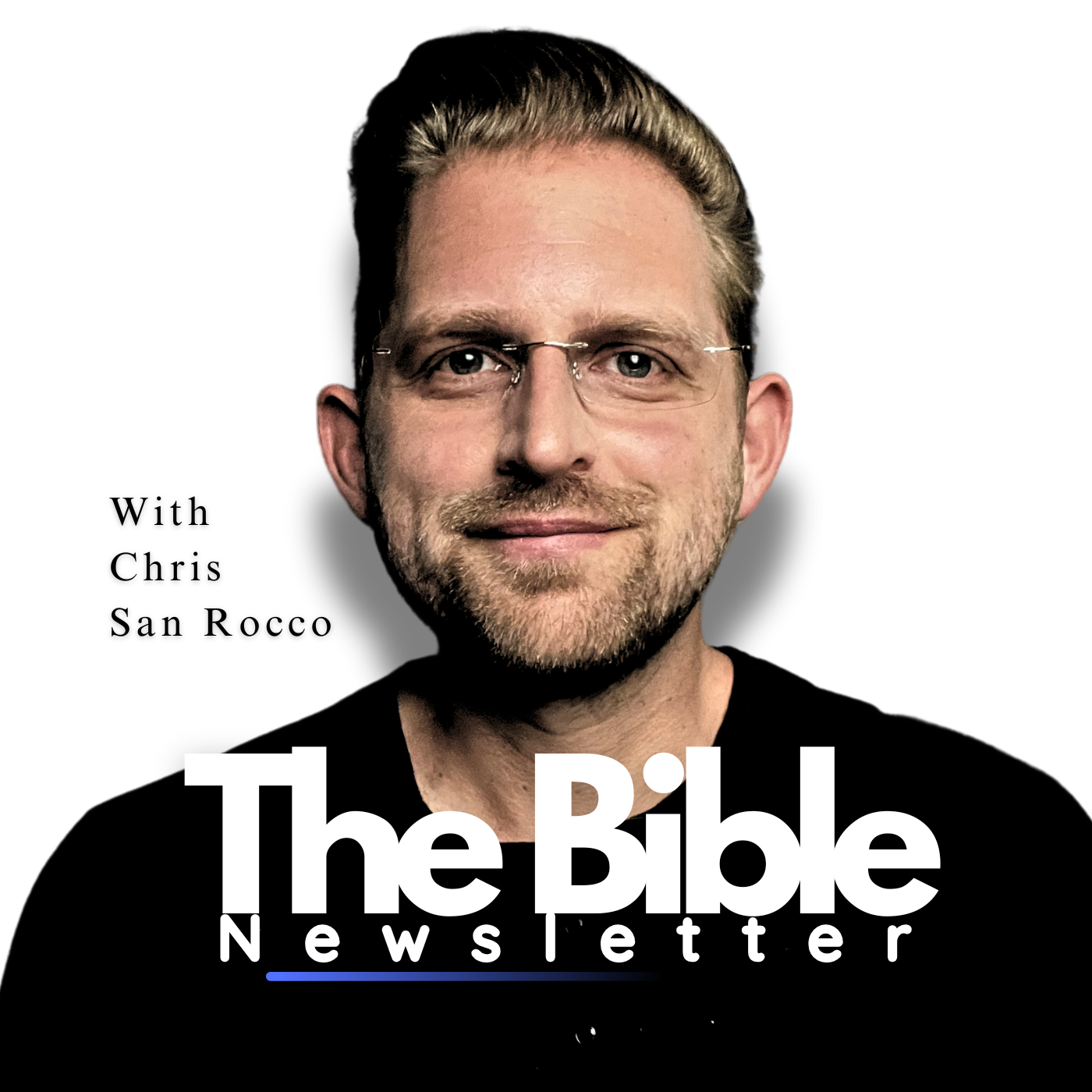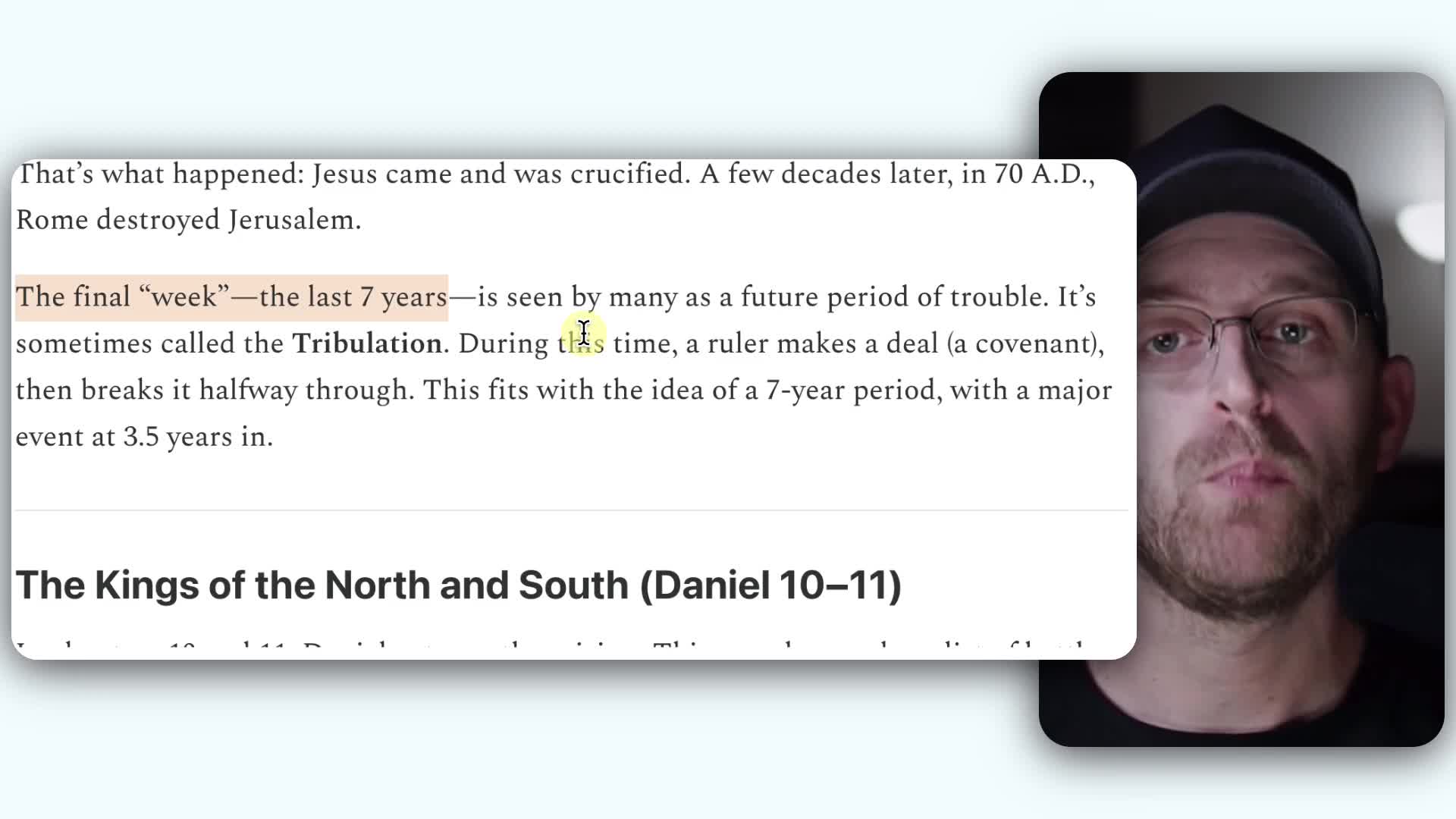Theological Method Explained
In this lesson we will cover
How We Study God.
Foundational principles
historical perspectives
contemporary approaches
Practical Application
Each of these parts works together with the theological method.
By the end of this lesson you will
Gain a comprehensive understanding of God, foundational principles, understand the theological method, and His divine attributes.
We will divide this lesson into 4 parts: Lets start by defining the theological method : how a person approaches the interpretation of the Bible and how they arrive at the doctrinal implications of that interpretation.
So how are you interpreting what you are reading? and how are you coming to those conclusions?
Show Transcripts



